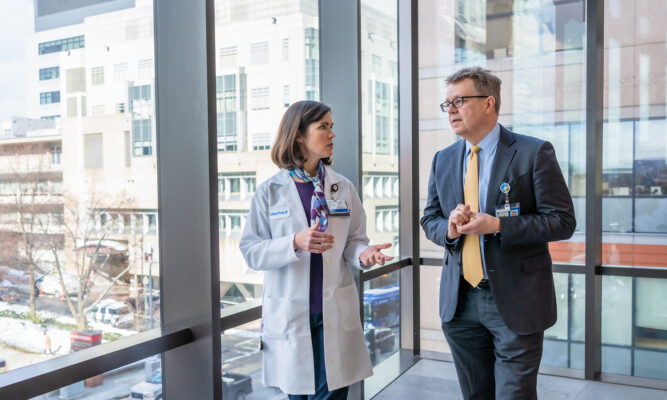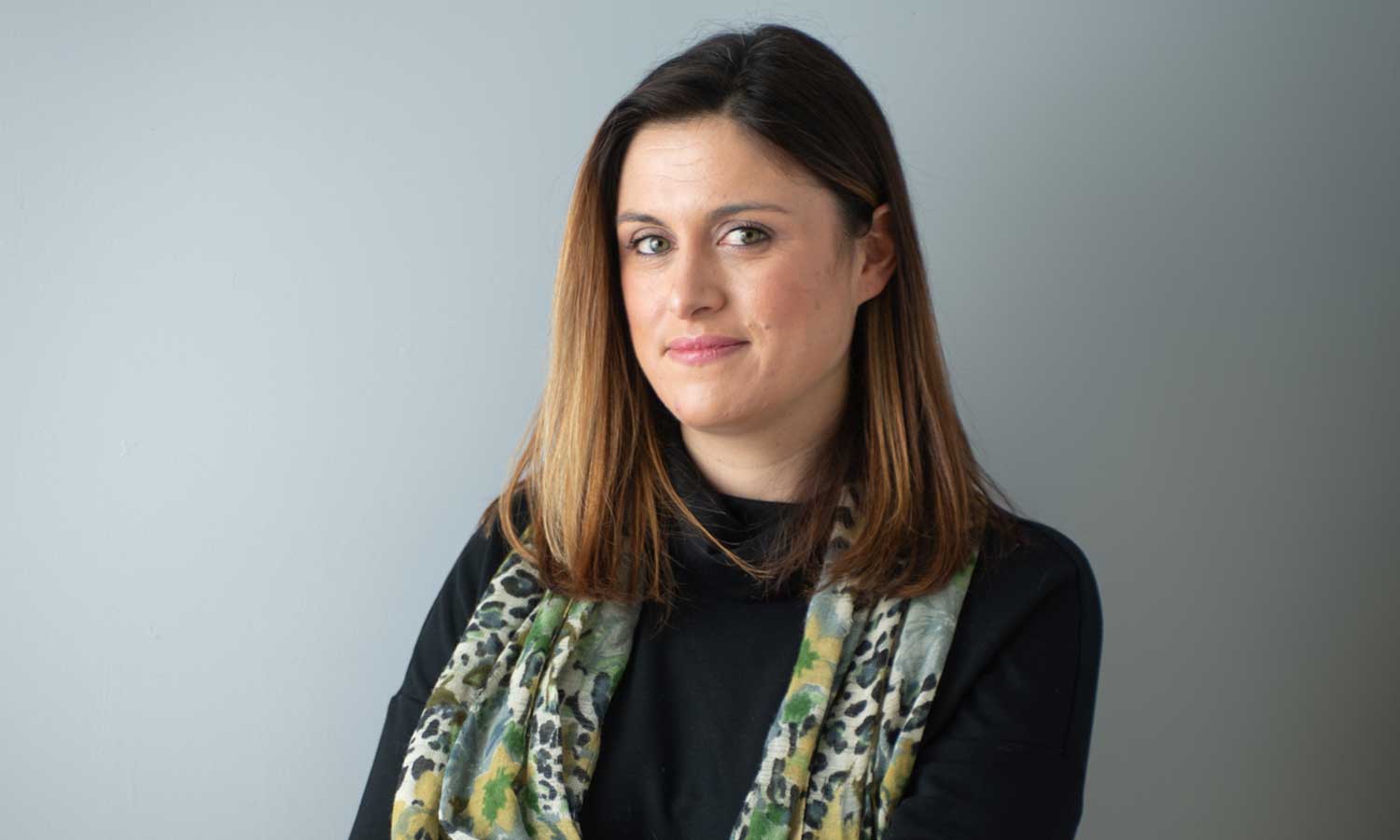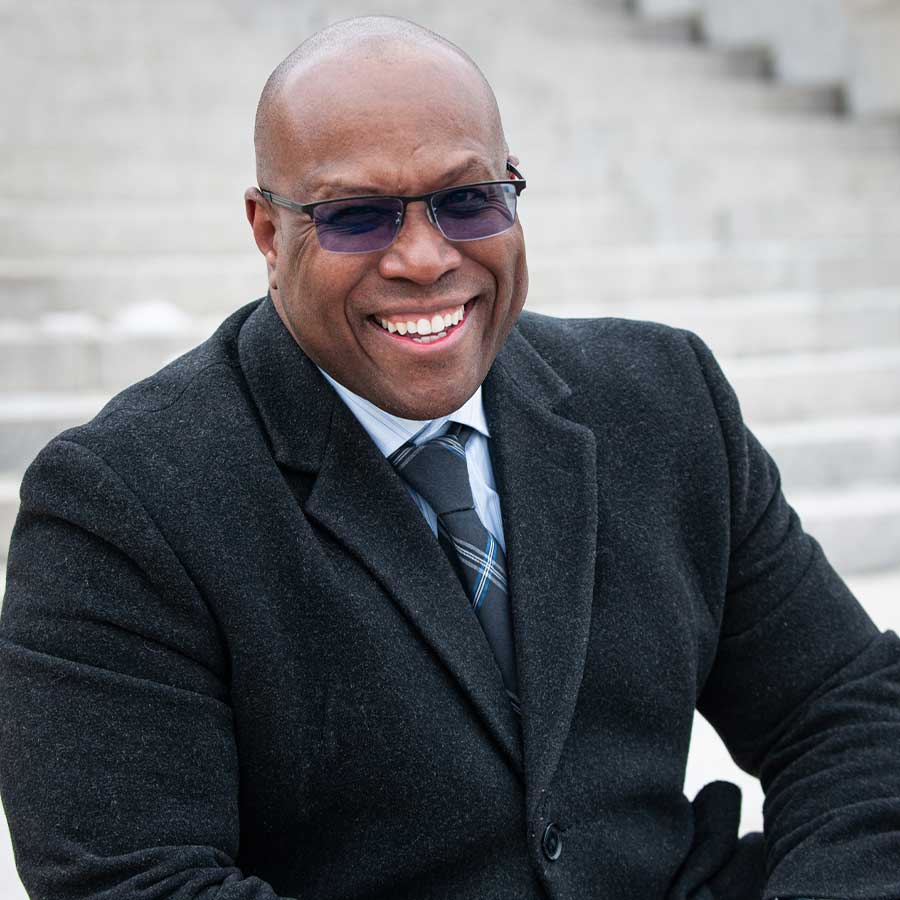Dana-Farber Chairs, Investigatorships & Fellowships
Our people are at the heart of everything we do at Dana-Farber and we are committed to providing all the resources and tools they need to revolutionize cancer research and care now and in the future. The Dana-Farber Campaign will raise vital funding to bring the best clinicians and scientists from around the world to the Institute. Gifts will make it possible for the outstanding researchers already at Dana-Farber to spend more time discovering and delivering better treatments to patients. Support also allows researchers to test their most innovative and high-risk ideas at the earliest stages, accelerating the chance for...
Our people are at the heart of everything we do at Dana-Farber and we are committed to providing all the resources and tools they need to revolutionize cancer research and care now and in the future. The Dana-Farber Campaign will raise vital funding to bring the best clinicians and scientists from around the world to the Institute.
Gifts will make it possible for the outstanding researchers already at Dana-Farber to spend more time discovering and delivering better treatments to patients. Support also allows researchers to test their most innovative and high-risk ideas at the earliest stages, accelerating the chance for groundbreaking discoveries. The innovations for which Dana-Farber is renowned happen when our talented community of clinicians and researchers has the time and the tools they need to work together with patients to Defy Cancer.
• Naming an endowed Dana-Farber Chair honors and recognizes distinguished faculty members and provides invaluable financial support to pursue the research and care initiatives that will lead to new discoveries.
• Endowed investigatorships support exceptionally creative and committed physician-scientists at the mid-point of their career. They help the Institute attract and retain faculty of the highest quality, and ensures that important research directed by the investigator is continually funded.
• Fellowships ensure that the Institute attracts the next generation of leaders. With steady funding, clinicians can focus on spending more time with patients, and translating successes in our clinics into new protocols that can help other patients around the world.
For more information or questions, please contact Kate Hall.
Learn more about how philanthropy can support our exceptional expertise.







